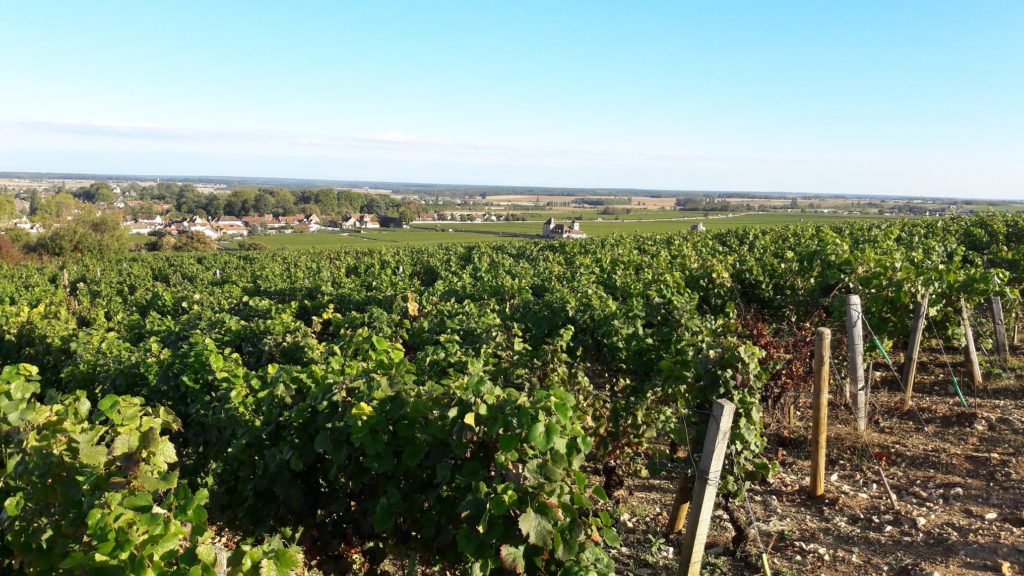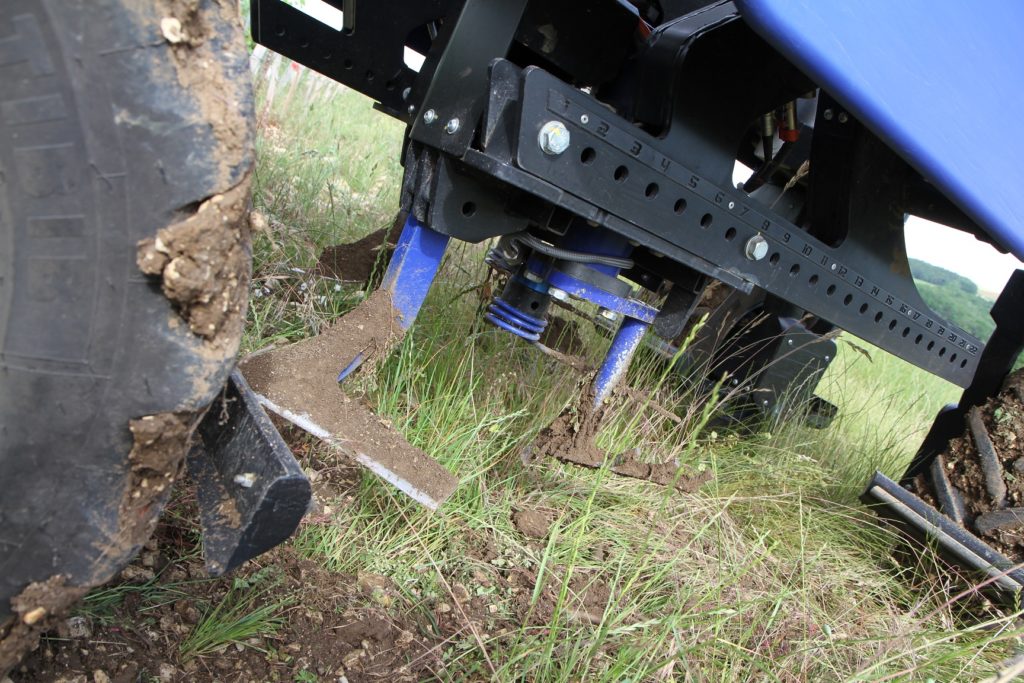
The organic label is spreading at high speed in a region known to be reluctant for a time.
The demanding climate of Burgundy offers Pinot Noirs and Chardonnays renowned for their delicacy, but not always easy to produce… In this northern vineyard, the large temperature differences and frequent humidity favor vine diseases such as powdery mildew or late blight, but also botrytis – or "gray rot" – during the harvest period. In 2021, for example, the three pests heckled the winegrowers, in turn. Under these conditions, how to convert to this label and thus do without synthetic pesticides, the most effective? The risk of losing the harvest is great, much more than in vineyards such as Provence or Corsica, where dry winds and heat protect the vines more from pests. For these reasons, organic viticulture has long been viewed with suspicion in Burgundy. At most, some opted for "flexibio": an agriculture inspired by organic precepts, but without certification, so as not to prohibit certain pesticides in case of emergency.
+92% of organic conversions in 2020
Those days are over. According to the regional observatory of organic agriculture, conversions are becoming massive, from Mâcon to Chablis. "With 138 new estates having chosen organic viticulture, 2020 shows an unprecedented conversion dynamic across the region. The number of organic wineries increased by 23%, the areas in conversion by 92%." Thus, 17% of Burgundy wine-growing areas have already passed the course. That's as much as the national average. In Côte d'Or, department of the famous Côte de Nuits and Côte de Beaune, we even reach 26% of the vineyard in organic or organic conversion, or a quarter of the surfaces. And the momentum is expected to continue, if not intensify in the coming years, with large houses ready to take the plunge.
A commercial trend, but not only…
How can this trend be explained? As we know, consumer demand is moving in this direction. But not only. "It's the business factor that often drives conversions. Organic certification offers new opportunities, especially for export where some countries in northern Europe and Asia are prioritizing wines with a label. The conversion to organic offers these farms a more advanced agronomic approach, thus strengthening awareness of the interest of organic at the environmental level," says the observatory. Many Burgundy estates have been preparing for years, in the shadows, to anticipate the technical problems related to the transition to organic. Because this way of producing involves many sacrifices for exploitation. Copper and sulfur, the pesticides most used in organic, are less harmful than other products, but also less effective: for the winemaker this means treating more, so making a cross on weekends, or even hiring. Similarly, yield losses are frequently observed. 

